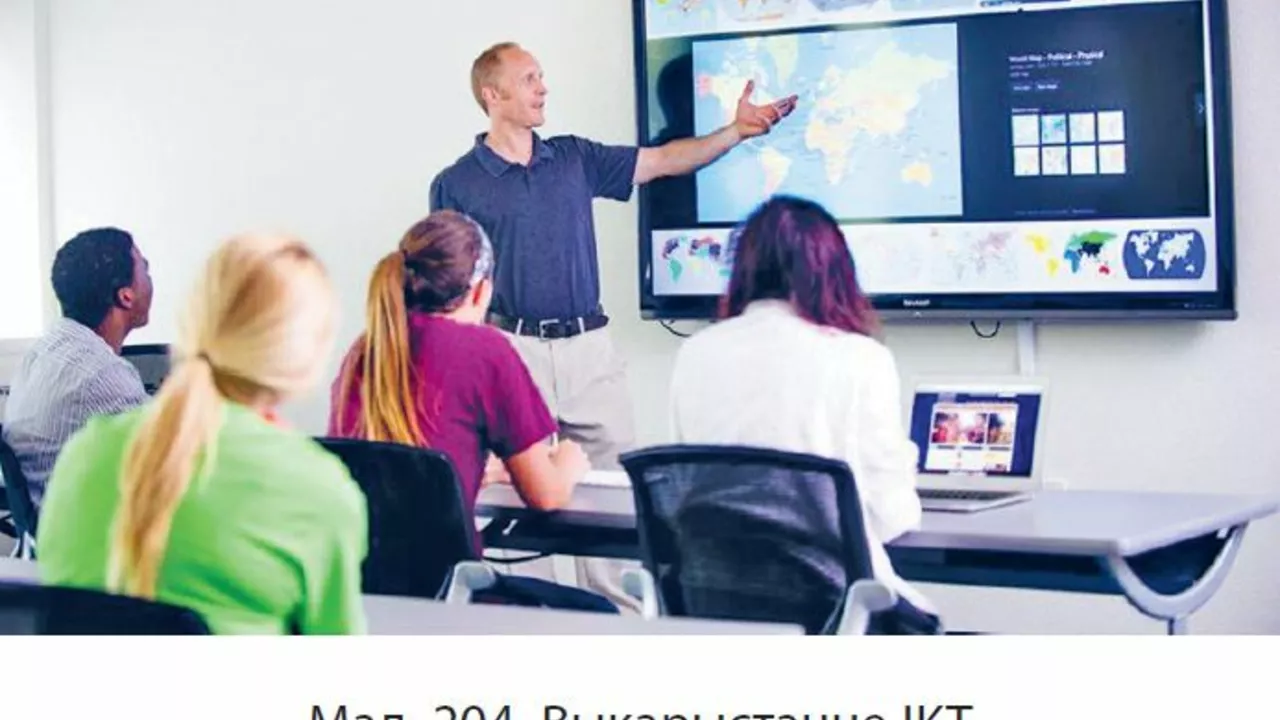How will teaching and learning change in the future?

The Advent of Technology in Education
When we talk about the future of education, the first thing that comes to mind is technology. It's quite amazing to see how far we've come in such a short period of time. A decade ago, the idea of using a tablet or a computer in a classroom was unthinkable. Now, it's practically a norm. But how will this affect teaching and learning in the future?
Technology has opened up a world of possibilities. We now have access to an unprecedented amount of information at our fingertips. This means that teachers can use a variety of resources to enhance their lessons, and students can delve deeper into subjects they are passionate about. Furthermore, technology is not only changing the way we teach, but also the way we assess. With the use of AI, we can now provide personalized feedback to students, helping them understand their strengths and areas for improvement.
Shift Towards Student-Centered Learning
Another significant change we can expect to see is a shift towards student-centered learning. This approach focuses on the needs, abilities, interests, and learning styles of students. Instead of treating all students the same, this method acknowledges that each student is unique and learns differently.
With student-centered learning, the teacher becomes more of a facilitator, guiding students as they explore and discover on their own. This approach encourages critical thinking, problem-solving, and creativity. It also instills a love for learning, which is something that will benefit students long after they leave the classroom.
The Role of Artificial Intelligence (AI)
AI is another technology that is set to revolutionize education. With the ability to analyze vast amounts of data, AI can provide insights that were previously impossible. For example, AI can analyze a student's performance and provide personalized learning plans based on their strengths and weaknesses.
Moreover, AI can automate administrative tasks, freeing up time for teachers to focus on teaching. It can also provide personalized feedback to students, helping them understand what they are doing well and where they need to improve. This kind of immediate, personalized feedback can greatly enhance a student's learning experience.
The Importance of Lifelong Learning
In the future, learning will not be confined to the four walls of a classroom. With the rapid pace of technological change, the skills and knowledge we acquire today may become obsolete tomorrow. This means that lifelong learning will become more important than ever.
People will need to continuously learn and adapt to keep up with the changing world. This will require a shift in mindset, from viewing education as a one-time event to viewing it as a lifelong journey. The good news is, with the rise of online learning platforms, learning has never been more accessible.
Integration of Real-World Skills
As the world becomes increasingly complex and interconnected, there is a growing demand for skills that go beyond academic knowledge. Skills such as critical thinking, problem-solving, creativity, and emotional intelligence are becoming increasingly important.
In the future, we can expect to see a greater emphasis on these skills in the education system. This means that teaching and learning will not only be about acquiring knowledge, but also about developing these important skills. This will prepare students for the real world and equip them with the tools they need to succeed in the 21st century.
The Impact of Globalization
Globalization is another factor that will greatly impact teaching and learning in the future. With the growth of the internet and digital technologies, we are more connected than ever before. This means that students are not only competing with their classmates, but with students from around the world.
This increased competition will drive a need for higher standards in education. It will also create a need for cultural literacy, as students will need to understand and appreciate different cultures. In the future, we can expect to see more international collaboration in education, as well as a greater emphasis on global issues and perspectives.